
Lesson #178: Different Forms of the Verb ‘To Know’ in Charles Dickens’ ‘Our Mutual Friend’
📗 He knew his power over her. He knew that she would not insist upon his leaving her. He knew that, her fears for him


📗 He knew his power over her. He knew that she would not insist upon his leaving her. He knew that, her fears for him
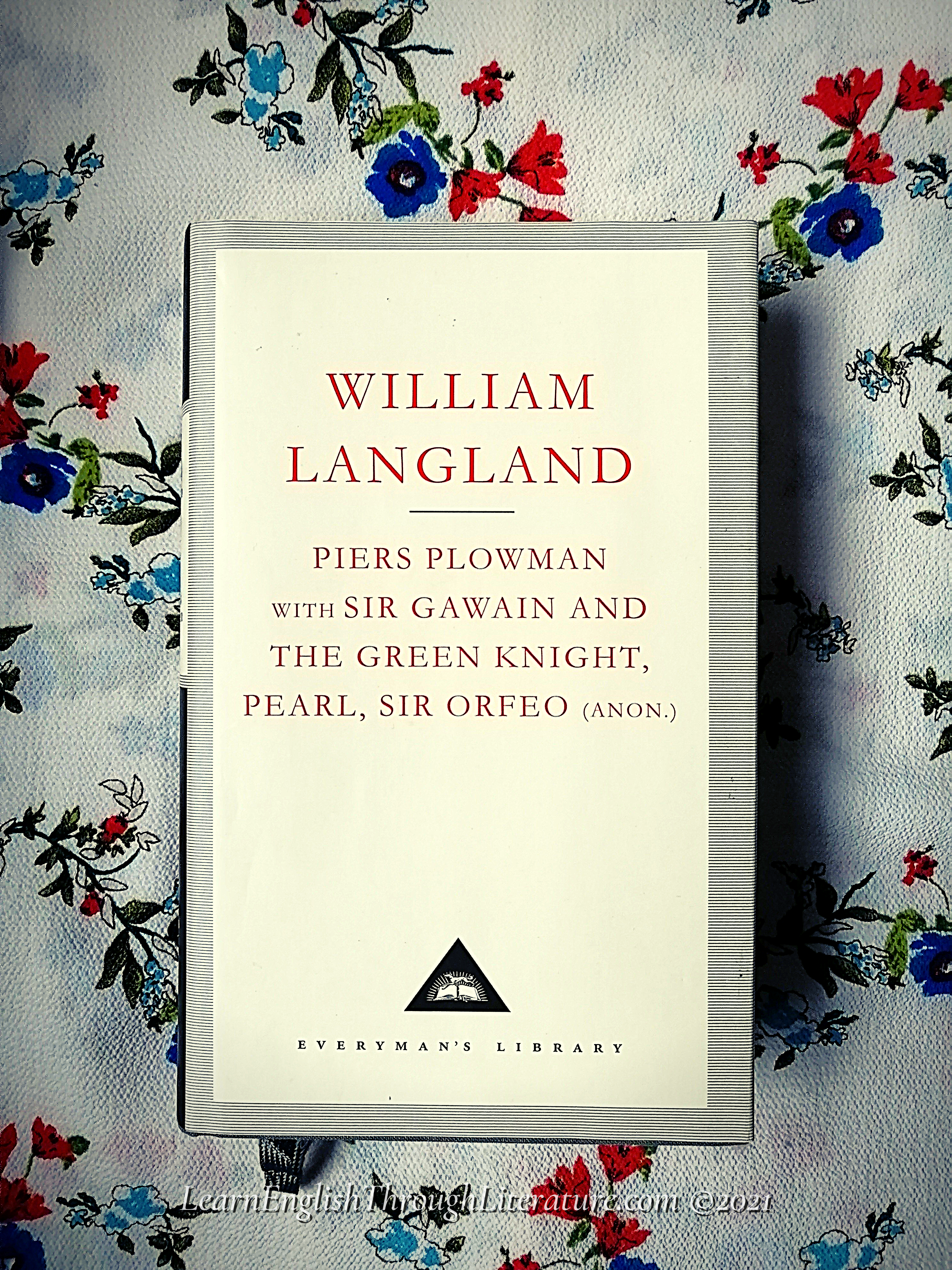
Every single language that is spoken today has undergone (gone through) many changes over the years, over centuries. This is also true of English, which could be
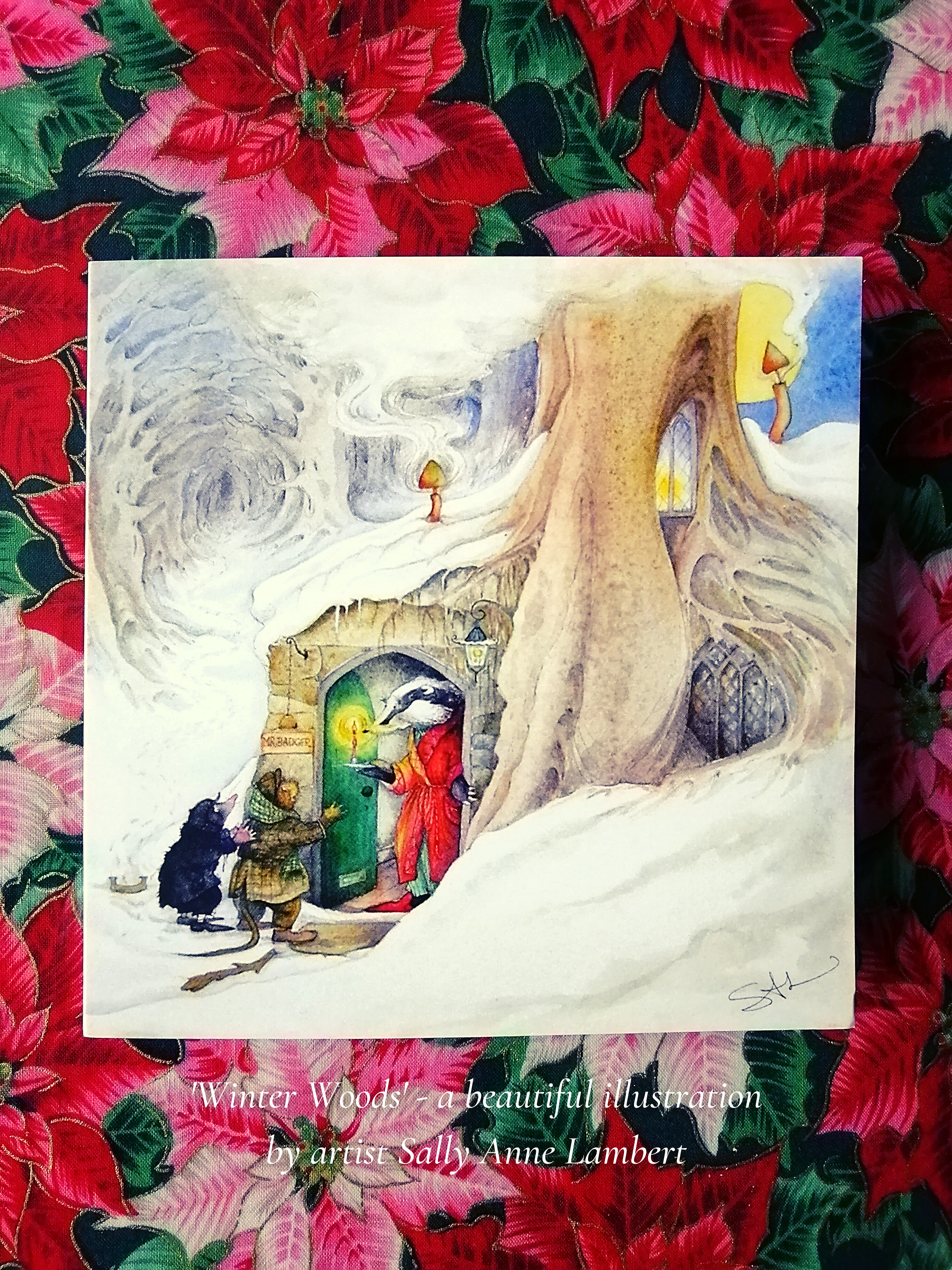
In the last part of this lesson (see here), we covered the distinctive traits of the formal and informal registers in the English language. I
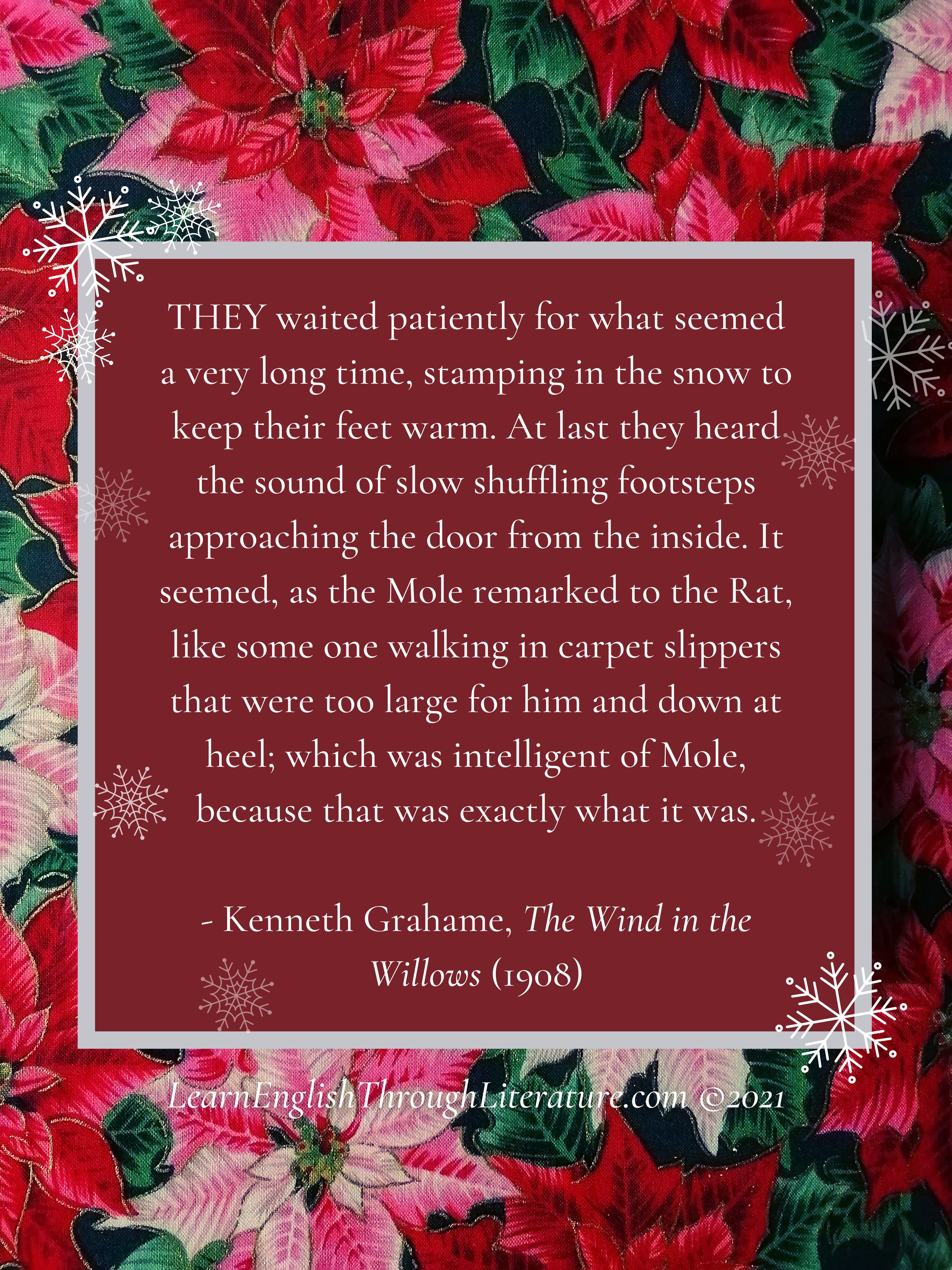
Another childhood favourite (I seem to be sharing a lot of these lately!) is today’s classic, The Wind in the Willows (1908) by Kenneth Grahame, a Scottish
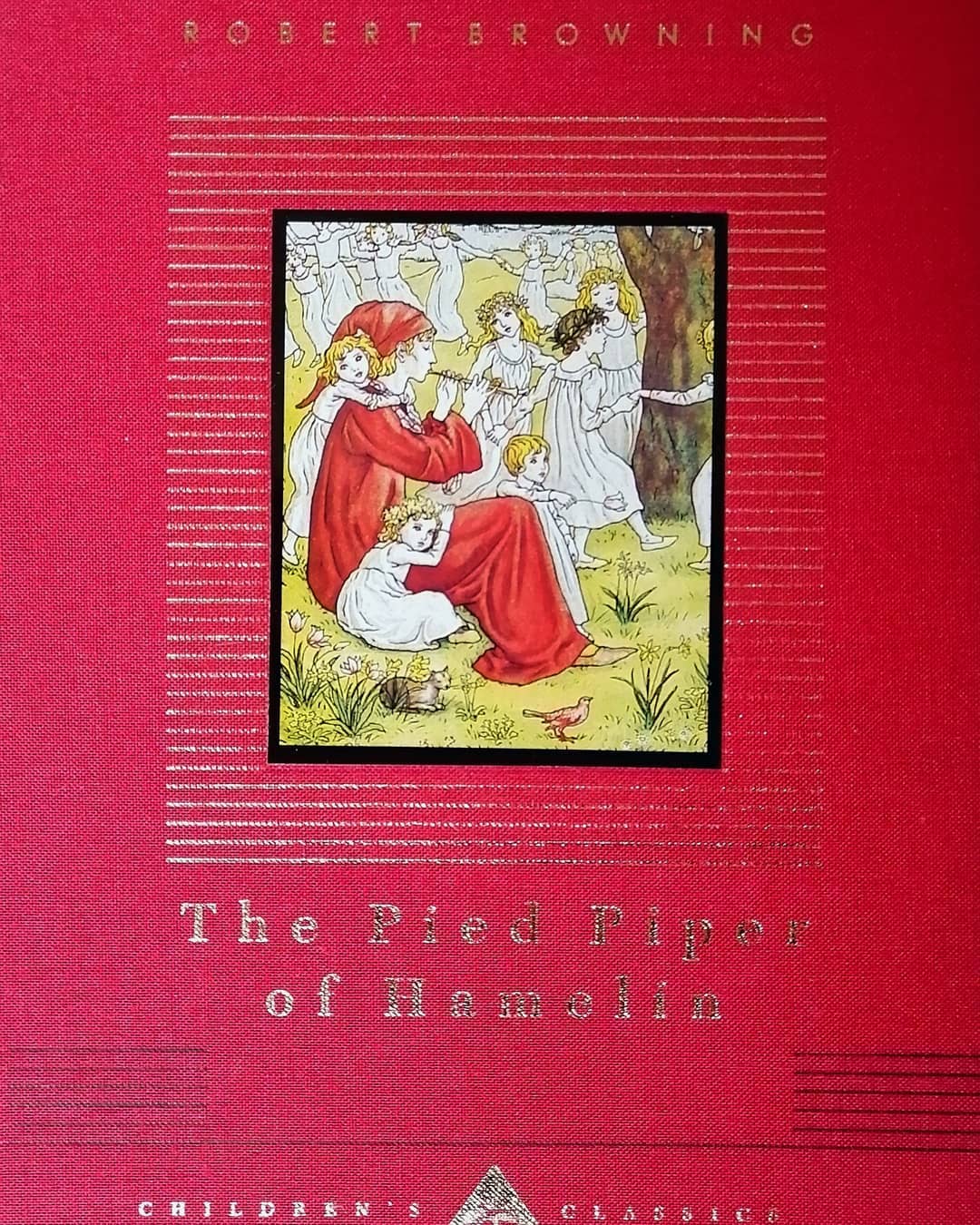
The Mayor was dumb, and the Council stood As if they were changed into blocks of wood, Unable to move a step, or cry To
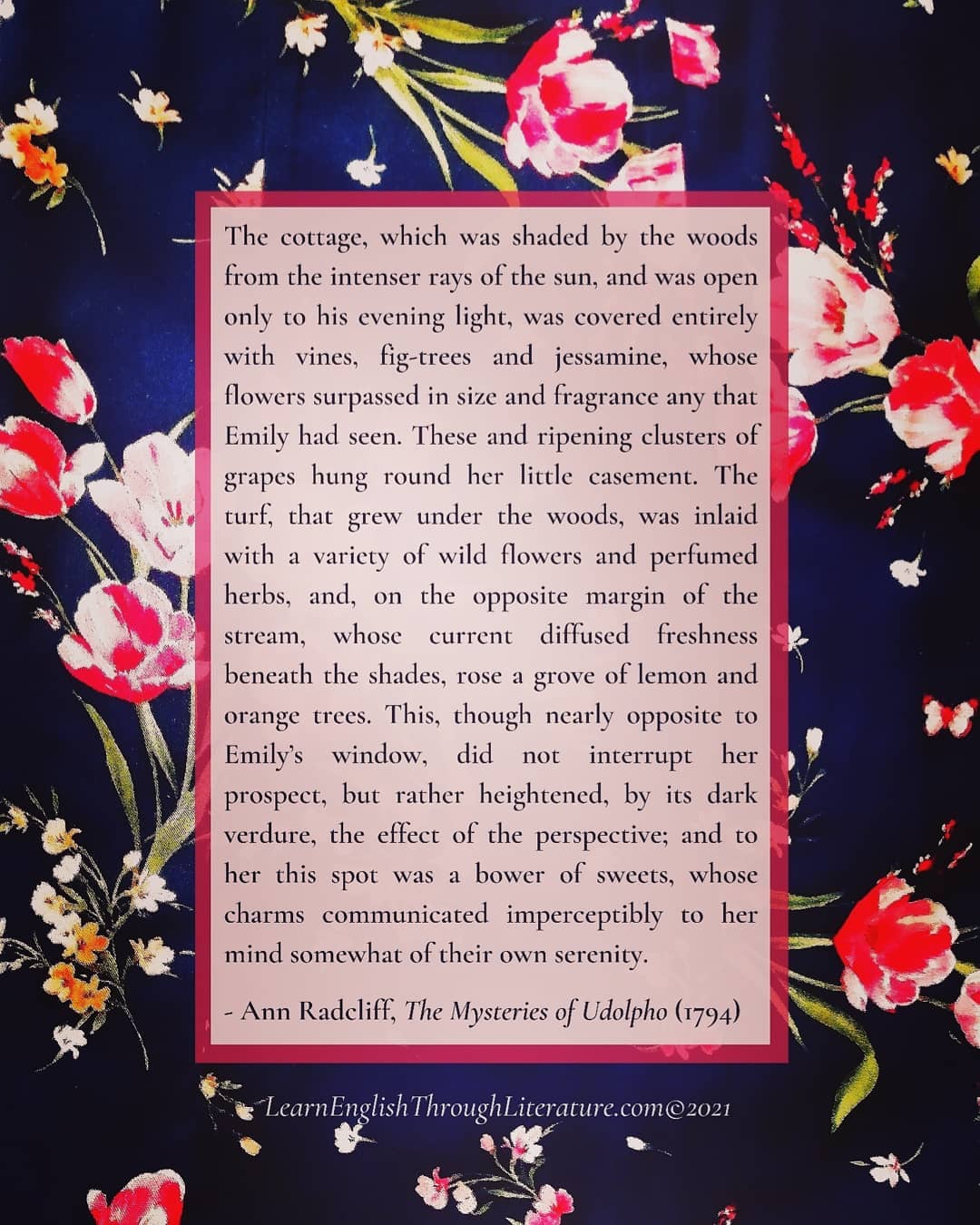
📚 If you are an intermediate or advanced level English language student, you have almost certainly been told that you should read more in English

📗 Early as it was, every one had breakfasted, and my basin of bread and milk was put on the oven-top to await my coming down. Every
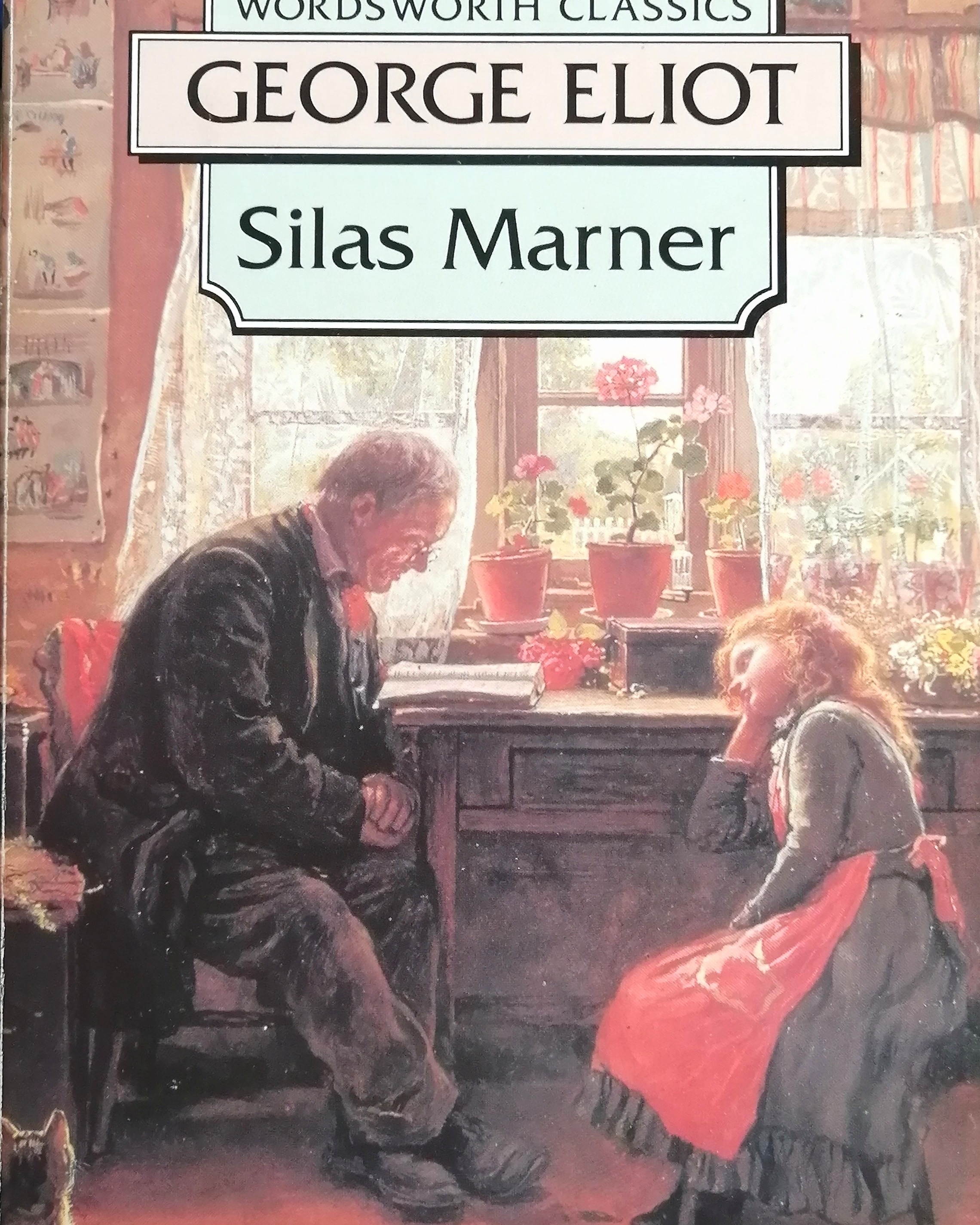
📙 ‘Ah, you’re fine and strong, arn’t you?’ said Silas, while Eppie shool her aching arms and laughed. ‘Come, come, let us go and sit
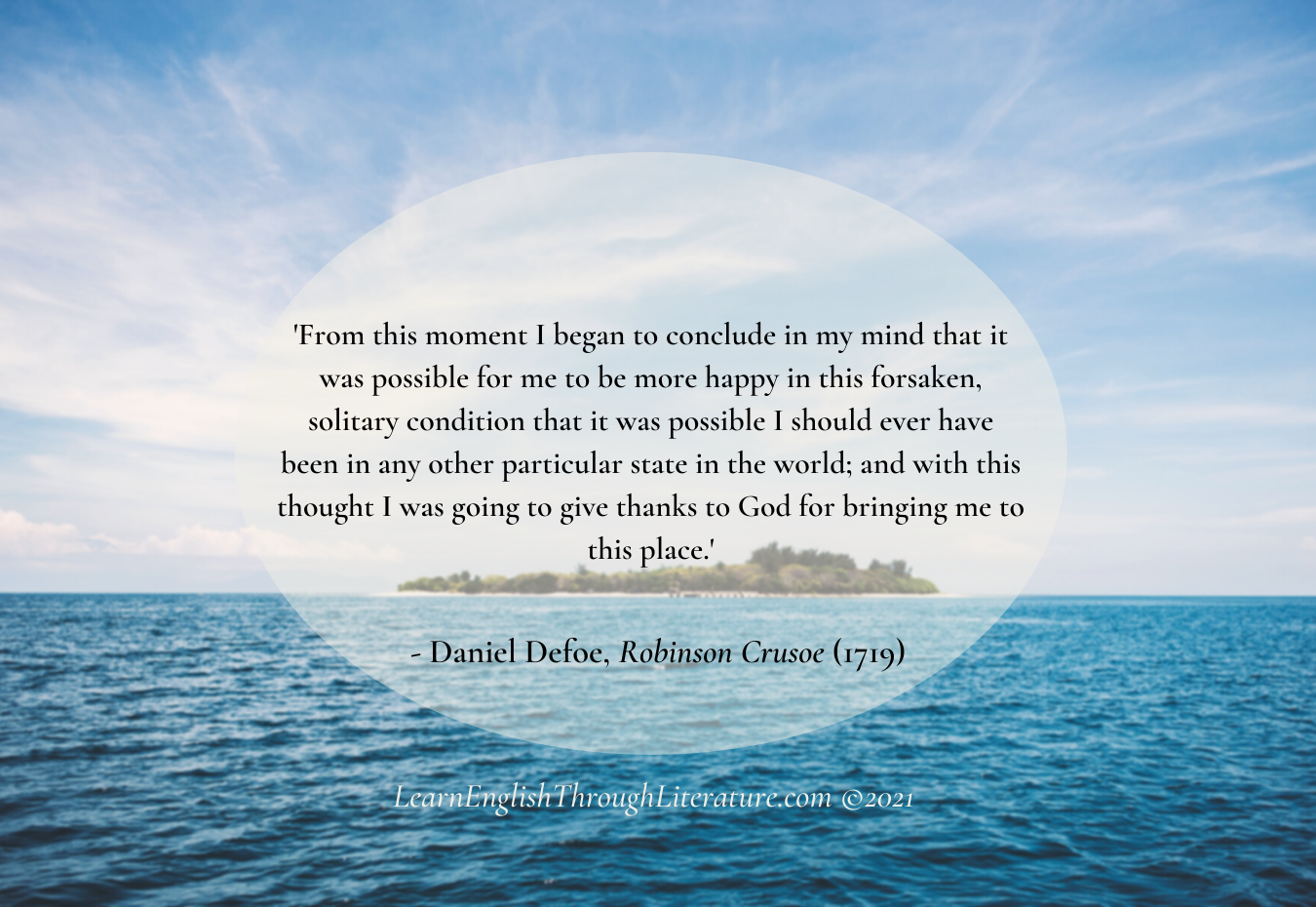
🏝️ Robinson Crusoe (1719) has been widely acknowledged as the first novel ever written in English. Many of us, whether or not we grew up in